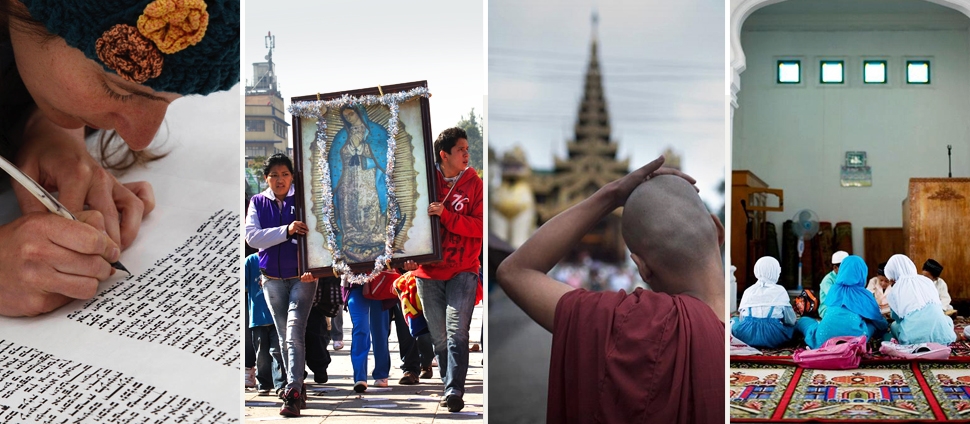Document Type
Article
Publication Date
9-2020
Publication Title
Church History
Abstract
Based on oral history interviews and archival sources, this essay analyzes the religious affiliation between Sora villagers in the highlands of eastern India with Reorganized Church of Jesus Christ of Latter Day Saints (RLDS) members in the American Midwest. The relationship between these distinct groups transposed a pattern of interactions between highlands and lowlands in upland Asia to a new globalized space in the late twentieth century. Conceiving of “conversion” as a broad analytic trope to discuss various individual, group, and organizational transformations, this essay argues that “converts” in the Sora highlands and American plains instrumentalized their relationships with the other for their own ends. In the Americans, the Sora found a new patron for long-standing client-patron relationships between highlands people and valley people. In the Sora, the Americans found an “indigenous other” who could be used to justify reforms within their local church body along more cosmopolitan lines. As an upshot of these interactions, Sora and Americans effectively reterritorialized older patterns of “hills” and “valleys” that had been deterritorialized by state-sponsored modernization. Thus, the hills and valleys of upland Asia found a surprising afterlife within the space of a global Christian denomination.
Keywords
Globalization and religion, religious conversion, India and the United States, RLDS Church, India
Volume
89
Issue
3
First Page
633
Last Page
658
DOI
doi.org/10.1017/S000964072000133X
Rights
Copyright © The Author(s) 2021. Published by Cambridge University Press on behalf of American Society of Church History
Version
Version of Record
Recommended Citation
Howlett, David, "Why Denominations Can Climb Hills: RLDS Conversions in Highland Tribal India and Midwestern America, 1964–2000" (2020). Religion: Faculty Publications, Smith College, Northampton, MA.
https://scholarworks.smith.edu/rel_facpubs/22


